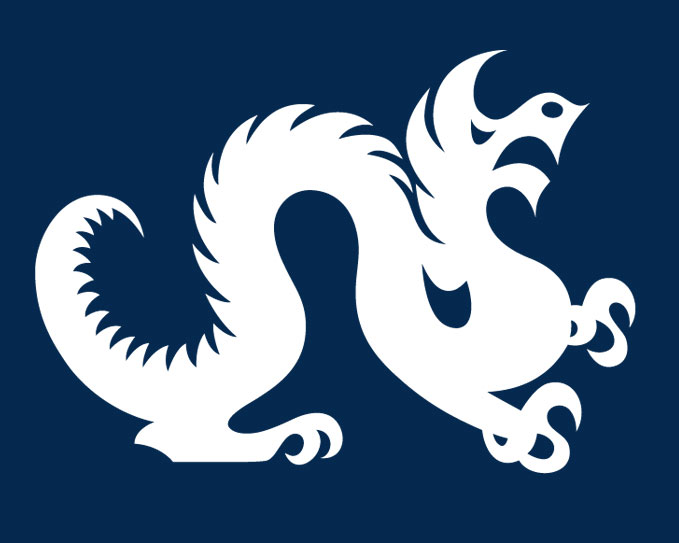In 2011, Philadelphia physicians performed the world’s first bilateral hand transplant on an adult. That laid the groundwork for 2015’s successful first-time double hand transplant on a child.
Gayle Severance, a graduate of Drexel’s Advanced Practice in Hand and Upper Quarter Rehabilitation post-bachelor’s certificate program, was at the center of both historic operations, as part of a select team of hand therapists helping the patients adapt to life with donated limbs.
“If you get a heart transplant, it’s inside, and nobody sees it. But with a limb, it’s so visible and it’s so personal,” Severance says. “So, our biggest role is to help the patient, not just physically — to protect their limbs, and gain motion and function in their new limbs — but help them to accept their new limbs as their own.”
Severance was one of several hand therapists who treated Lindsay Ess, a quadruple amputee who lost her hands and feet due to a debilitating infection. After the surgery, Severance spent four months guiding Ess through hours of stretches and bends until Ess was able to move her hands on her own. Severance now sees her just once a year for routine assessments; today, Ess is able to drive, is actively involved with Crossroads Adaptive Athletic Alliance, and participates in adaptive CrossFit competitions.
In the most recent bilateral hand transplant, performed on 8-year-old Zion Harvey, Severance was called in to provide insight from her previous experience to the team of surgeons at the Children’s Hospital of Philadelphia. The story of Harvey’s 11-hour breakthrough procedure claimed the attention of audiences around the world.
“It’s a very emotional treatment when somebody gets new hands,” Severance says. “And it’s a very emotionally challenging experience for all of the family and medical caregivers. The stress on the therapist is high. It’s important to have that support from somebody who’s been through it before.”
Having served as a hand therapist for Good Shepherd Penn Partners’ rehabilitation services for the past 10 years, Severance is no stranger to the complexities of major transplant rehabilitation. But she says her time in Drexel’s Advanced Practice in Hand and Upper Quarter Rehabilitation certificate program truly helped her to become a better clinician.
“Drexel’s program helped me to improve my knowledge and confidence to go on to get my board certification and take on these leadership roles,” Severance says.
Drexel’s Hand and Upper Quarter Rehabilitation certificate program was created in 1999 to teach physical and occupational therapists how to properly examine and treat patients with hand and upper extremity dysfunction. It is now also offered as a hybrid online program. Since its inception, more than 90 percent of all participants in the program have gone on to pass state exams for physical therapy certifications.
The program is run by Jane Fedorczyk, a clinical professor and director of post-professional clinical programs at Drexel. Fedorczyk says she personally encourages her students to engage in professional lifelong learning and to continue advancing the field.
“The thing that I find most rewarding is seeing my students take on leadership roles and Gayle is a perfect example of that,” Fedorczyk says.
Since attending Drexel, Severance has gone on to participate in several medical missions involving hand therapy and has received multiple teaching awards, including the 2014 Vargas International Hand Therapist Teaching Award from the American Association for Hand Surgery.
Severance’s current role as a team leader in hand therapy is a long way from her initial college dream of becoming a lawyer and working in government, but she says she has no regrets.
“It’s not my dream job; it’s my perfect fit job,” she said. “I learned more about occupational therapy through some colleagues, but once I did an internship in hand therapy, I fell in love with it. I sort of fell backward into it, and it worked out perfectly.”


